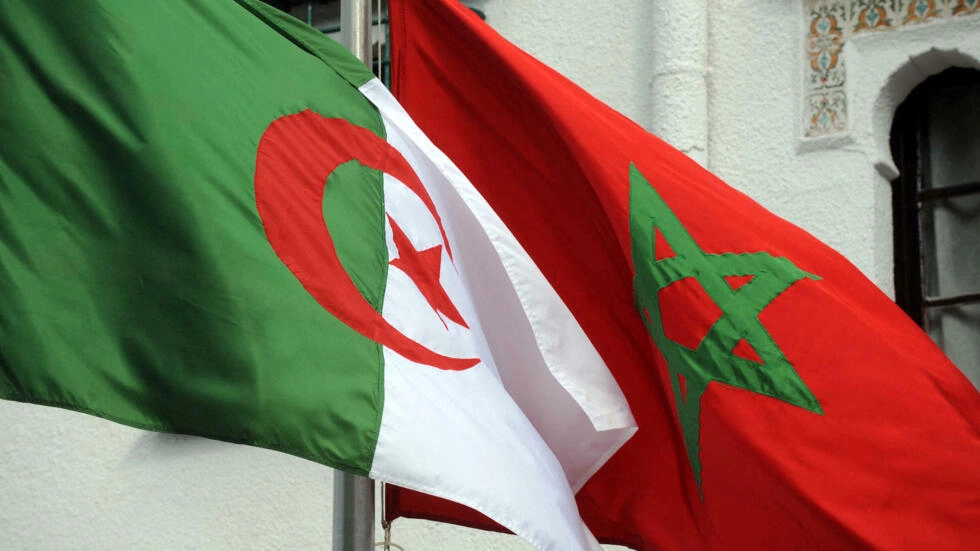Algeria and India are linked by an interesting partnership within the framework of the Indian Technical and Economic Cooperation Program.
Algerian executives, engineers, and doctors have already benefited from training in India. Algeria has a lot to gain from taking inspiration from this large Asian country which has had dazzling economic success in recent years, thanks above all to a strong knowledge economy favored by a partnership strategy with many developed countries in benefiting from technology transfers.
The Algerian diaspora wants to play a role similar to that assumed by the Indian expatriate community which was at the origin of the increase in American tech investments in India. Technology transfer has been at the heart of India’s economic success. In the space sector, Algeria and India, which notably collaborated in 2010 in the launch of the Algerian satellite Alsat 2A, signed a cooperation agreement. The Indian space sector has as many as nine operational geostationary satellites. This country has also made great technological advances in tele-education and telemedicine.
India, which co-founded the group of emerging economies known as BRICS, has experienced a technological explosion driven by highly trained human capital thanks to technology transfers as part of a broad strategy of cooperation with its foreign partners. In India, contracts with foreign companies often include a clause requiring technology transfer.
This is the case, for example, in the energy sector, where large multinationals have transferred their know-how to the Indian company Bharat Heavy Electricals Limited (BHEL). Likewise in the aeronautics sector, a large European group has agreed to transfer 100% of its technology to the Indian company Hindustan Aeronautics Ltd for the design of a jet engine. Algeria must only award major equipment contracts to foreign companies based on the sine qua noncondition of technology transfer.
Such a condition must be the rule for foreign companies wishing to access the Algerian market. The second most populous country in the world, India is one of the technological powers and ranks fifth among the world’s economies, ahead of its former colonial power Britain.
India’s technology sector is similar to that of the West, with some key advantages. With a strong and constant annual growth rate of 8%, the turnover of the Indian technology industry exceeded $245 billion in 2023. With its 25,000 technology start-ups and its mature software market with more than 2,000 companies, India ranks third in the world as a center for the creation of innovative companies.
More than 150,000 Indian inventors have filed technology patents since 2015. The unparalleled growth of the Indian technology sector is booming with increasingly advanced technological equipment. The real hook is the digital proficiency displayed by the Indians. With 1.6 million digitally skilled people, tech companies are snapping up Indian graduates as fast as universities can produce them.
Young people from all over the world, including a growing number of Europeans, go to study or do an internship in India.














